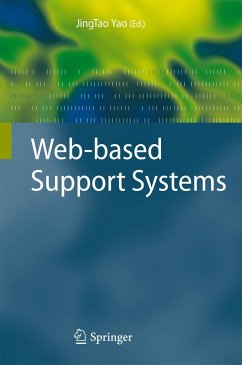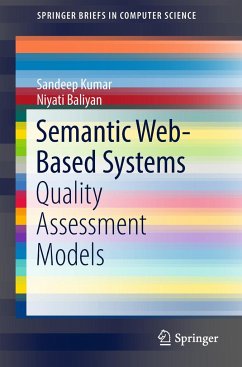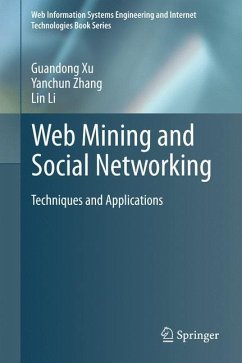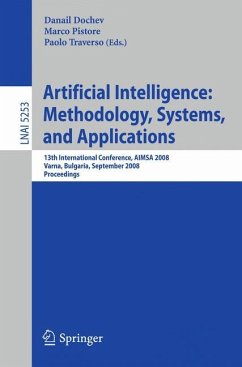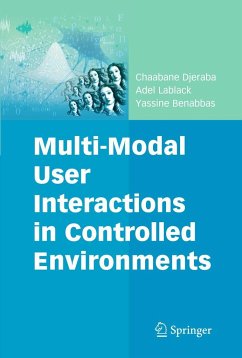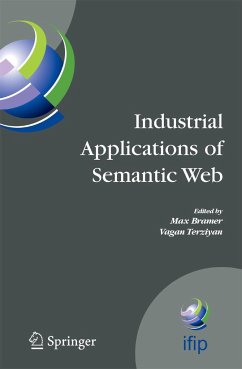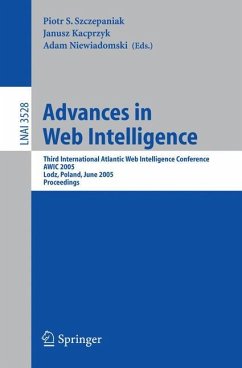
Emergent Web Intelligence: Advanced Semantic Technologies
Versandkostenfrei!
Versandfertig in 6-10 Tagen
113,99 €
inkl. MwSt.

PAYBACK Punkte
57 °P sammeln!
The future of the World Wide Web depended on its ability to understand and automatically process content to enable computers and people to work in cooperation. New advanced techniques and intelligent approaches are required more than ever to transform the Web into a universal reasoning and semantic-driven computing machine.
The Web intelligence discipline attempts to deal with this challenge by exploits information technologies and artificial intelligence approaches to design next generation of web-empowered systems and services. The 'Emergent Web Intelligence: Advanced Semantic Technologies" book provides valuable references and cutting-edge technologies for: undergraduate and postgraduate students who are studying Web Intelligence and Semantic Web courses, developers who need to design innovative approaches by applying different emergent semantic techniques to real-world problems, researchers who seek to understand the state of the art and foresee future research strategies in Web Intelligence and Semantic Web.
The book is organized in self-contained chapters to provide greatest reading flexibility.
The Web intelligence discipline attempts to deal with this challenge by exploits information technologies and artificial intelligence approaches to design next generation of web-empowered systems and services. The 'Emergent Web Intelligence: Advanced Semantic Technologies" book provides valuable references and cutting-edge technologies for: undergraduate and postgraduate students who are studying Web Intelligence and Semantic Web courses, developers who need to design innovative approaches by applying different emergent semantic techniques to real-world problems, researchers who seek to understand the state of the art and foresee future research strategies in Web Intelligence and Semantic Web.
The book is organized in self-contained chapters to provide greatest reading flexibility.
The success of the World Wide Web depends on the ability of users to store, p- cess and retrieve digital information regardless of distance boundaries, languages and domains of knowledge. The universality and ?exibility of the World Wide Web have also enabled the rapid growth of a variety of new services and applications based on human-machine interaction. The semantics of exchanged information and services should be useful not only for human to human communications, but also in that machines would be able to understand and automatically process web content. Semanticsgive well-de?nedmeaningto web content and enable computersand p- ple to work in cooperation. Today, the crucial challenge becomes the development of languages to express information in a machine processable format. Now more than ever, new advanced techniques and intelligent approaches are required to tra- form the Web into a universal reasoning and computing machine. Web intelligence attempts to deal with this challenge by exploiting information technologies and - ti?cial intelligence approaches to design the next generation of web-empowered systems and services.



